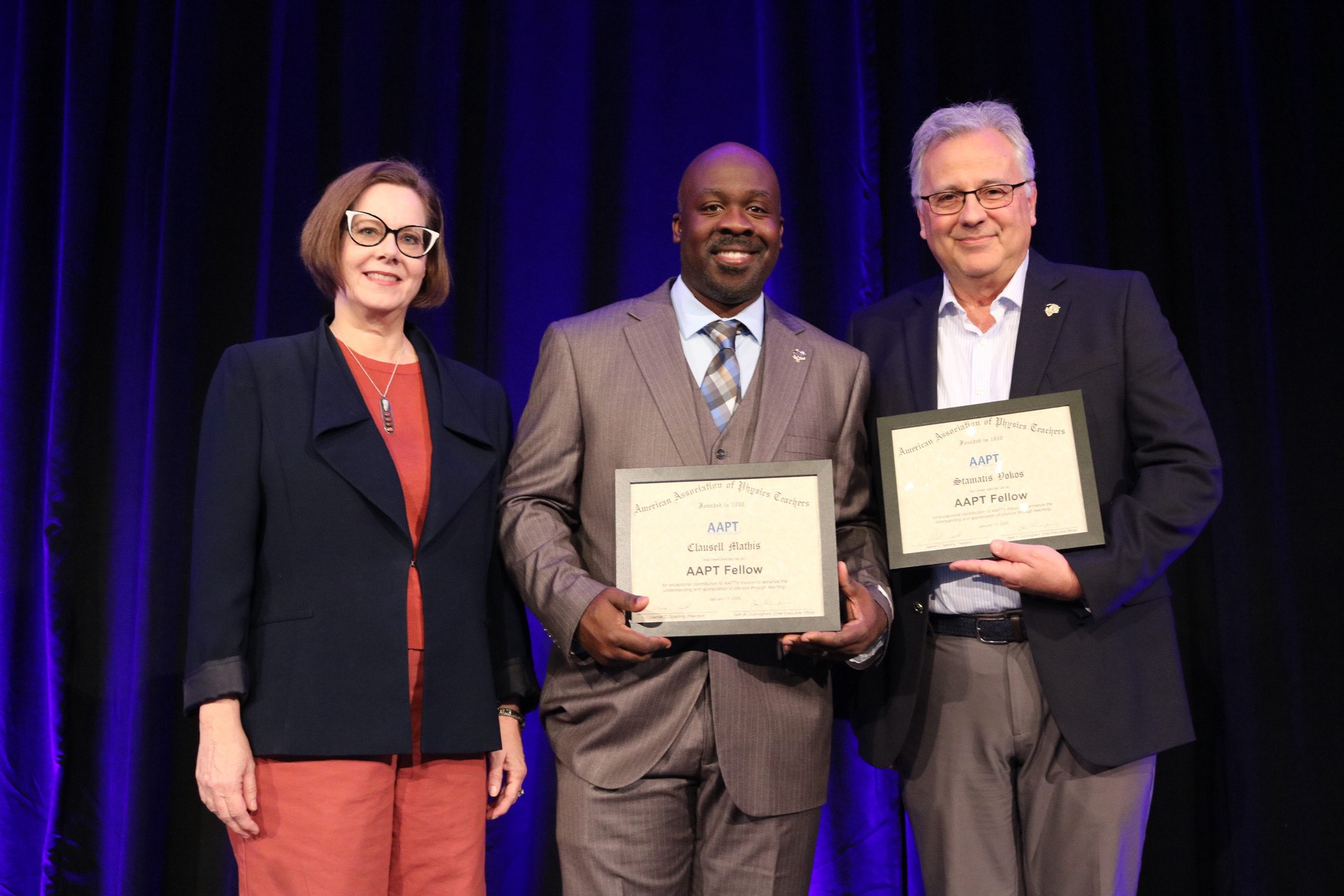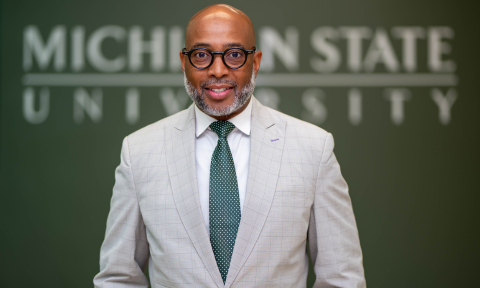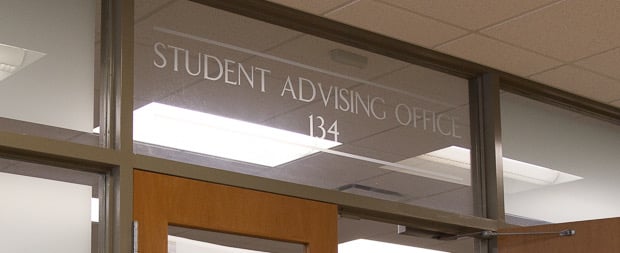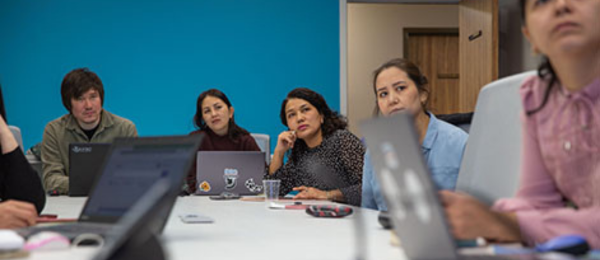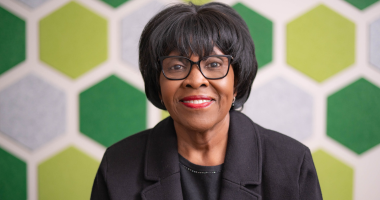
Improving Secondary Science Education — For All.
CESE brings together MSU Professors Barbara Schneider, Joe Krajcik, Clausell Mathis and Sheneka Williams with partners at Historically Black Colleges and Universities (HBCUs), Professors Samantha Strachan and Lena Walton from Alabama A&M University, Ken Brown and Lei Zhang from Winston-Salem State University, to develop and implement project-based secondary science education in the rural South.
The project is funded by a multi-million dollar grant from the U.S. Department of Education and evaluated by professor Elizabeth Tipton at the STEPP Center at Northwestern University.
View original CESE project website.
Project Definition
Why It Matters
Future of Science Education
Scientists Ask Questions
What Really Sets Us Apart
Professional Learning Experiences
Many schools are limited in their funding for textbooks and support of continued professional learning experiences. By reducing the need for paper textbooks and replacing them with screencast, opensource materials, we will be able to allow our schools to reallocate funding for opportunities for teachers to keep their skill sets and knowledge up to date.
We are teaching our teachers the most up to date frameworks to scaffold student learning. Growth mindset, the belief that you can improve your science ability through practice and effort, is central to this program. Teachers learn to encourage student growth by providing students with the opportunities to genuinely engage in and master subjects that may have once seemed out of reach. Building on previous research from our PIs, teachers are trained to keep students in the optimal phase of engagement. Students learn best and stay focused just on the edge of understanding, where they have to think about what to do next but without getting frustrated.
Our continued and intensive teacher training teaches educators to find additional resources, utilize project-based learning, and deeply understand how to scaffold their students as they grow. Teachers can carry this framework and apply it to future classrooms for years to come.
NGSS Alignment
Our unit design begins with the Next Generation Science Standards (NGSS) criteria for the three dimensions of learning. We align each unit and unit assessment to engage students in using scientific and engineering practices and use the cross cutting concepts to develop their core content knowledge. Students learn to ask questions about their environments, look to outside resources to understand them, and design their own experiment to test them. Our curriculum shows students how to control their variables and design valid experiments to test the phenomena presented in their driving question. The students will generate models, collect data, and learn to interpret this data using cross cutting concepts. By using this project based approach, students not only learn to better understand the core concepts of their driving questions, but to also apply the scientific practices to study others.
Updates & News
- 3 myths about rural education that are holding students back
- Why US schools need to shake up the way they teach physics
- 2026 AAPT Fellows Awardees announcement
